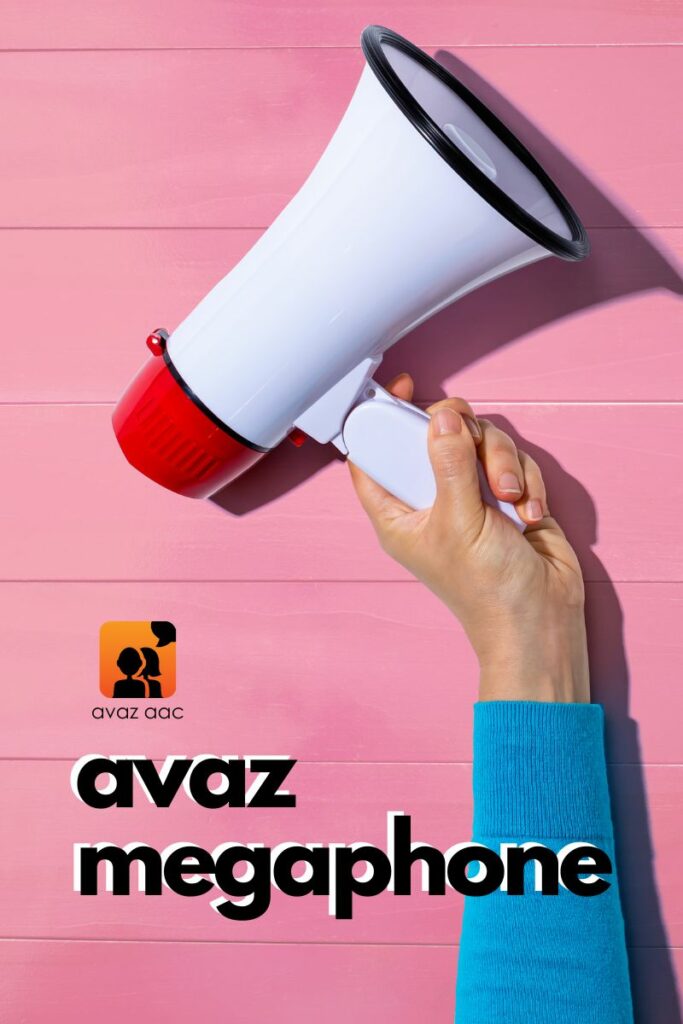

What do AAC users look forward to from the government? Here is a wishlist from a first time voter who is a non-speaking, autistic AAC user.
This is an Avaz Megaphone feature.
2024: India’s Big Election Year
2024 is a big year for India – this is the year of the nationwide General Elections.
It is a big deal for me on a personal level too. I turned eighteen last year and the upcoming election is the first time ever that I will get to cast my vote. An opportunity to finally exercise my franchise in an informed manner to facilitate the change that I wish to see.
As a nonspeaking autistic who uses text-to-speech to communicate, the biggest change that I wish to see is normalization of the use of assistive technology across all walks of life. Now, what does that mean and how do we, as a society, achieve it?
A National Policy to Normalize AAC Use?
Perhaps a National Policy to normalize AAC use is a way forward. When the push comes from the government, the chances for compliance and implementation are higher. With that in mind, here are my suggestions on what should be covered in such a policy:
1. Include Non-speaking Autistics in Mainstream Classrooms:
As per certain estimates, 1 in 100 children are on the Autism spectrum in India. 40 percent of these children are nonspeaking. Additionally, for a significant chunk of the remaining 60 percent, speech is not the most reliable mode of communication. The lack of a reliable mode to communicate is probably the biggest roadblock to mainstreaming autistic students.
Hence, autistic students should be trained to communicate using AAC Apps. Furthermore, typing should be accepted as a valid alternative to writing. With such changes, mainstream education can become a meaningful experience for us autistics.
2. Provide Devices and AAC Apps at Subsidized Rates:
One look at the statistics regarding the prevalence of autism will tell us that it is not something limited to certain strata of society living in big cities. Autism is prevalent across all geographic locations and income levels.
The need for assistive technology and AAC is pervasive, but it is not exactly affordable for all. Government should provide assistive devices and AAC apps at subsidized rates for those in need, while ensuring access to quality assessment and therapy services.
3. Facilitate Use of AAC in Public Spaces
High-contact public spaces like airports, railway stations, municipal offices, parks, and playgrounds should contain communication boards. These are fixed boards containing pictures that match the environment or situation they are placed in. The boards can be used as a mode to communicate by those for whom verbal speech is not a reliable option.
4. Allow Typing as an Alternative to Writing During Exams:
The fact that writing is a sensorially uncomfortable proposition for most autistics, including non-speakers, is an open secret. The government should make provisions to allow typing as an alternative to writing in secondary and senior secondary school completion examinations. During oral assessments, non-speakers should be allowed to type their answers out on AAC apps.
This will not only open up avenues for college education but also help create a possibility of a career path. Interviews with non-speakers, where they respond using AAC apps? Hey, why not? All it needs is a shift in the mindset!
5. Promote Use of AAC in Healthcare
When we go to hospitals while unwell, many of us are the least communicative. Using AAC to communicate with an AAC user is probably the most optimal thing to do in such a situation.
Hence, healthcare service providers like doctors, nurses, and hospital staff should be AAC aware. They should also be trained to use AAC.
Hospitals should have relevant communication boards in place. This helps not just autistics, but also others with complex communication needs communicate effectively with the service providers. This includes people with acquired motor neuron disabilities. Such communication boards are currently in use in ICUs in the UK.
Building an Equitable World
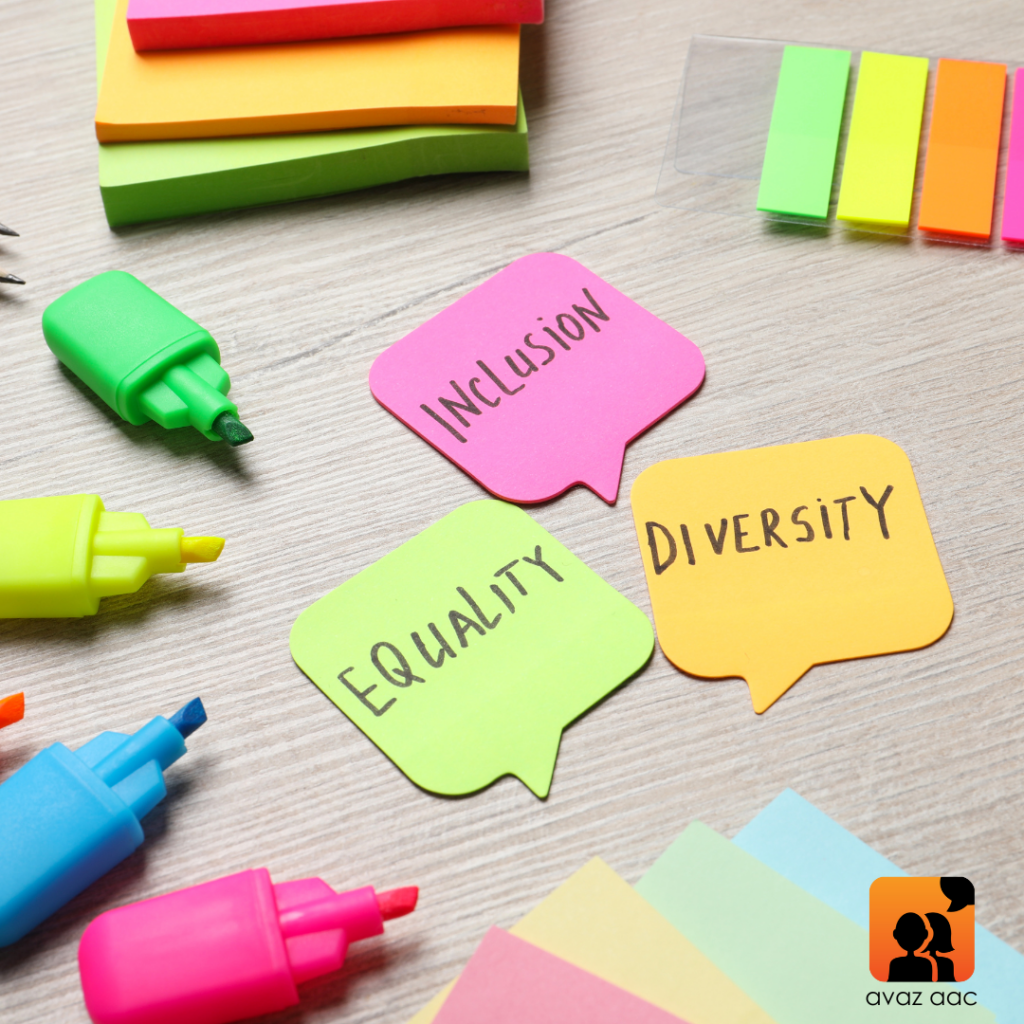

This list is definitely not exhaustive by any means. That said, it provides an initial blueprint of best practices to ensure a more equitable world for those of my tribe. I cannot help but mention this little anecdote about my latest shopping experience.
I was looking for a specific colour of shoes in a specific sneaker brand in my size and how could I accomplish getting what I wanted without my Avaz? When I typed out my specifications in the shoe shop, the salesperson looked at me, wide-eyed and she even peered to see what my feedback was about the models that she brought out for me. To her, I may have been an aberration, but to me, I got my job done and got what I wanted pretty seamlessly.
Just goes to prove why the policy suggestions above are important to make this world a truly equal place.
Avaz Megaphone is a platform for neurodivergent individuals to express themselves through the written word. We accept opinion pieces, short stories and poetry. Authors of accepted works will receive an honorarium. To make a submission please email us on: collaborate@avazapp.com
WRITTEN BY
Aditi Sowmyanarayan
Student & Writer
Aditi Sowmyanarayan is an eighteen year old who uses Avaz, a text to speech app, to communicate. She goes to Ishanya India Foundation, a special school in Bengaluru. Aditi is an avid blogger and an aspiring writer. She blogs on www.smallstepbigthought.blogspot.com
She can be reached on Instagram at writeaditi and on her Facebook page : small step big thought
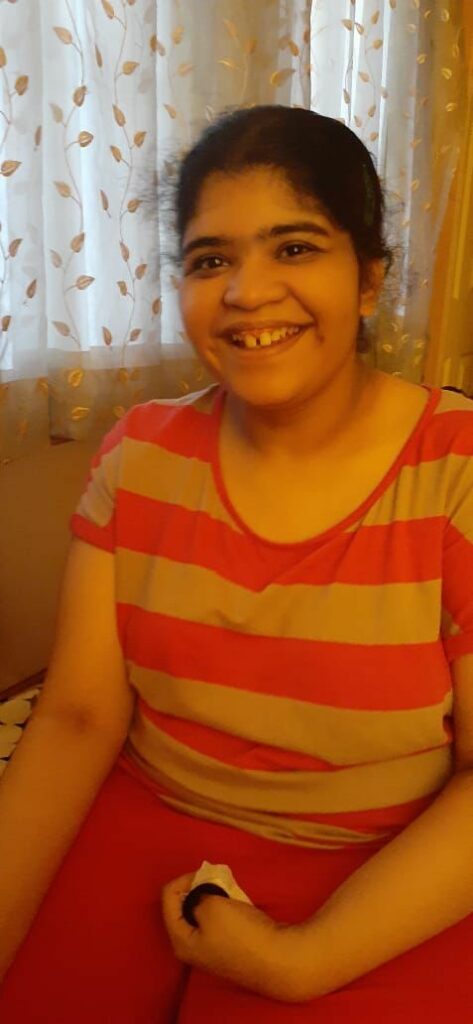


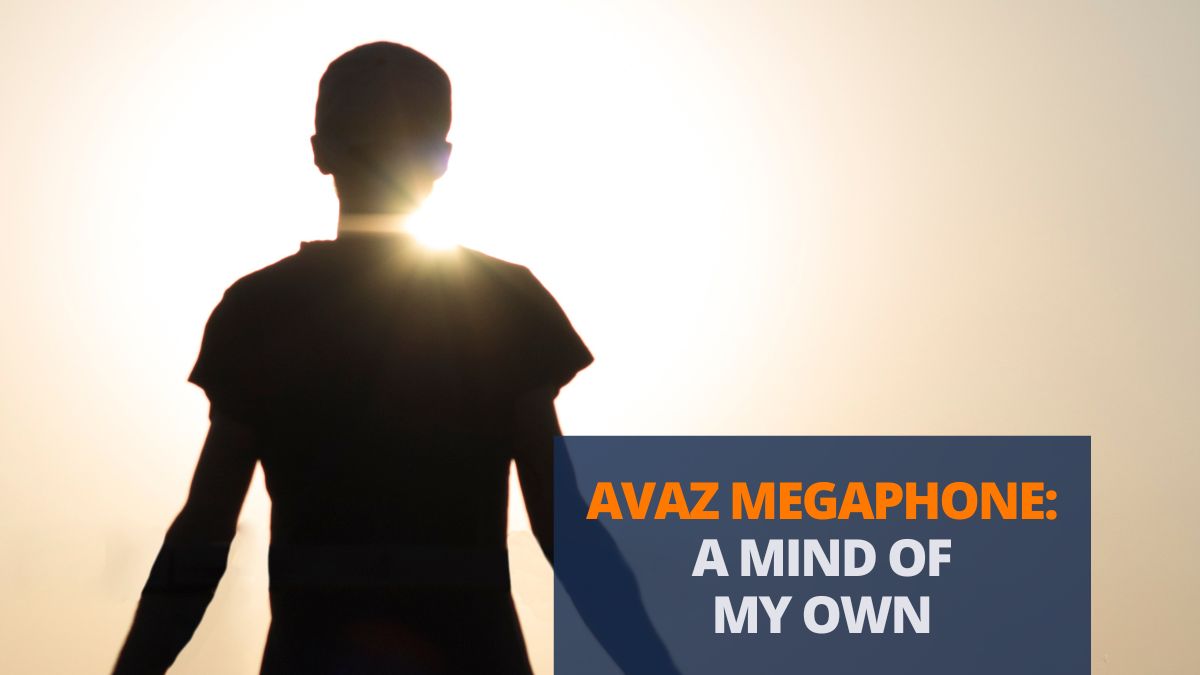

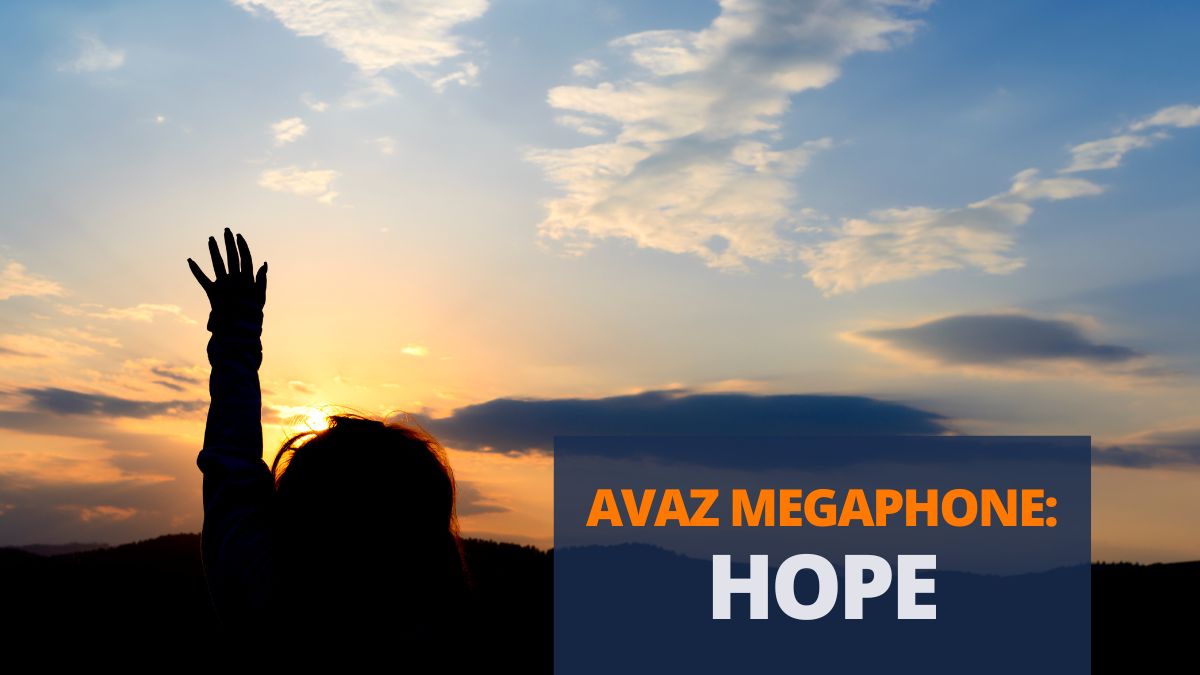
Brilliant suggestions Aditi! Hope we as a society can work towards implementing these.